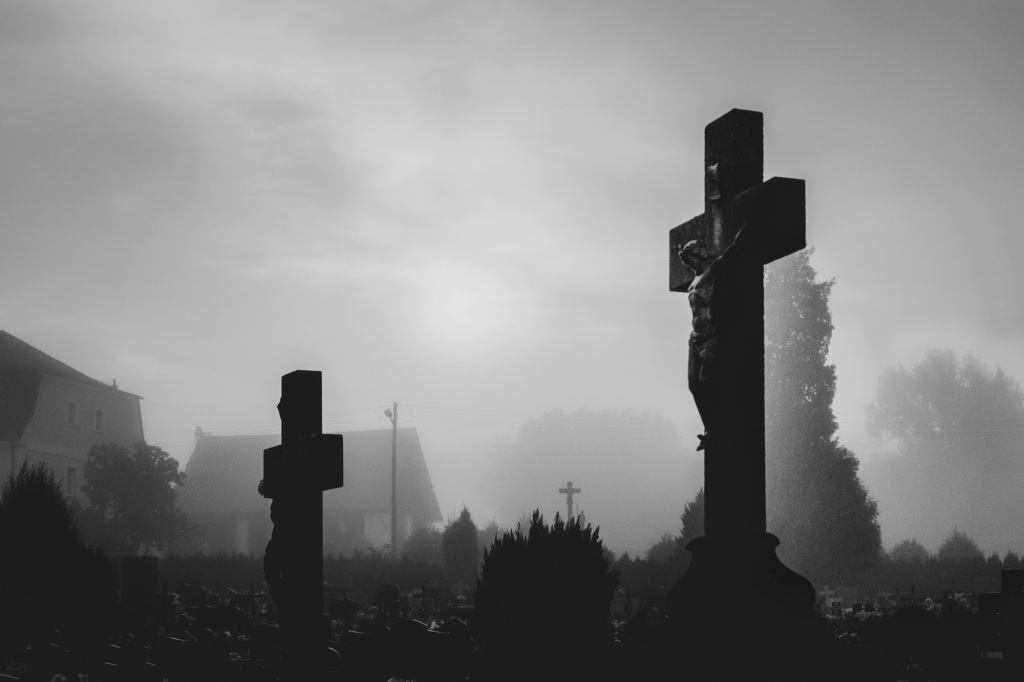I’ve never met Francis Chan, but I think I would like him if I did. I have read most of his books and have always appreciated his passion and zeal for the heart and mission of God. He has encouraged me on numerous occasions to seek God’s face above anything else. In his latest book, Letters To The Church, Chan has done it again.
The book provides a compelling case for why we need to change the way we do church, at least in America. He states, “Since the beginning of time, there has been worship God loves and worship He rejects. As I examine the state of the Christian Church today, I can’t help but think that God is displeased with many of the churches in America.” Before you write him off, you should know that Chan led a megachurch in Simi Valley, California for over 20 years. Furthermore, Chan loves the Church and claims he hesitated to write the book because, in the wrong hands, it could “hurt the Church rather than help.” Thankfully, Chan followed his convictions and the prompting of the Holy Spirit and wrote the book despite what he foresaw as a potential danger.
There is much to praise about Chan’s book. First and foremost, he stays laser-focused on Scripture. He doesn’t come to his conclusions by sharing his feelings or regurgitating some popular idea within the Christian culture. Nor does he primarily use past experiences from his megachurch to make his case for change. He simply looks to the Bible and asks the question, “If God had it His way, what would our churches look like?”
In the first chapter of his book, Chan asks his readers to envision they are stranded on a desert island with nothing but the Bible. They have no experience with Christianity or any other outside influence. What would they believe about church? If they were suddenly rescued and told they were going to be delivered to the Church, what would they expect to find when they arrived?
Chan is afraid we have created a church that is human-centered rather than Christ-centered. He believes this has happened because we cater to the needs, wants, and desires of people rather than focusing on what pleases God. By attempting to view things strictly from the Bible, Chan believes his desert dwelling readers would find the American church lacking in some important areas, which he uses the rest of his book to address.
According to Chan, we are a part of something much greater than ourselves. When we lose sight of the mystery of Christ’s Church, we come up with all kinds of clever ways to keep people’s attention. In our churches, we expend lots of energy and resources attempting to create a memorable experience; however, God’s presence should be all that is needed for us to drop to our knees in praise and adoration. We don’t need all the extra stuff.
Chan shares a story in the book about a conversation he had with his daughter. He asked her who would show up to her birthday party if they only had cake. She told him a couple people would show up. Then he asked who would show up if he rented Dave & Buster’s and gave everyone free tokens, food, and prizes. She laughed and said, “The whole school would show up!” If Chan followed through and rented the facility, how would his daughter feel if, while the kids were going nuts, he put his arm around her and said, “Look at all the people who came to be with you!” Of course, she would feel a little insulted knowing that the majority of kids were not there to spend time with her. Have we done the same thing to God in our churches?
One of the chapters is called “The Order.” I like this chapter because Chan expounds on his earlier question of what would our churches look like if God had it His way? He uses the analogy of placing an order at a restaurant. If we were to order a steak and receive a plate of spaghetti, we would be disappointed. Chan claims that, in our churches, we have offered up something else to God other than what He ordered. How does Francis Chan know what God has ordered? He says it is imperative that we understand the difference between what we want and what God commanded in the Bible.
There is a discussion in the book about the differences between commands and expectations. Chan says he often walks leaders through an exercise where he has them write down all the things people expect to find in an American church. Things like age-specific ministries, a well-communicated sermon, a clean church building, and coffee, all make their list. He then has them make a list of all the commands for the Church in Scripture. Things like loving one another (John 15:12), visiting orphans (James 1:27), and making disciples of all nations (Matthew 28:19) usually make this list. Finally, Chan asks the question: What would upset people more, not providing things from the first list or not obeying the commands from the second?
Chan’s book is full of memorable stories, analogies, and quotes to help the reader grasp the weight of his concerns. Some other highlights include his section on prayer, where he wrote one of my favorite lines in the book: “If prayer isn’t vital for your church, then your church isn’t vital.” Two other powerful quotes from the book are:
“We have to accept the fact that not everyone is interested in God. We just need to make sure that it’s really God we are putting on display. Otherwise we run the risk of people attending our services who have merely fallen in love with us;”
and,
“Movements of God always start with a leader who knows God deeply, and they always end when the followers know only the leader deeply.”
No author is perfect, of course. Although I highly recommend Chan’s book, his passion for the subject of Church can cause him to overstate his case at times. One blogger has helpfully pointed out a few areas where Chan’s words may be too forceful and not nuanced enough. For instance, Chan “(justifiably) critiques the American church for putting so much emphasis on music and lights, then says, “In India, people get excited just to pray” and “flock to simple prayer gatherings.” That is possible in some cases, but I know many Indian pastors could only wish it was so.”
Book reviews can be difficult because it’s not always easy to convey the message of a book without losing the heart and voice of the author. Letters To The Church is one of those books. Chan is a gifted writer whose deliverance is perfectly suited for lay people but will not disappoint the academically minded. His heart bleeds from the pages and his concerns about the Church are grounded in Scripture and delivered with humility and prayer. I’m curious to see how God uses the ideas of the book in the coming years. I believe the American church would be wise to heed its advice.








Leave a comment